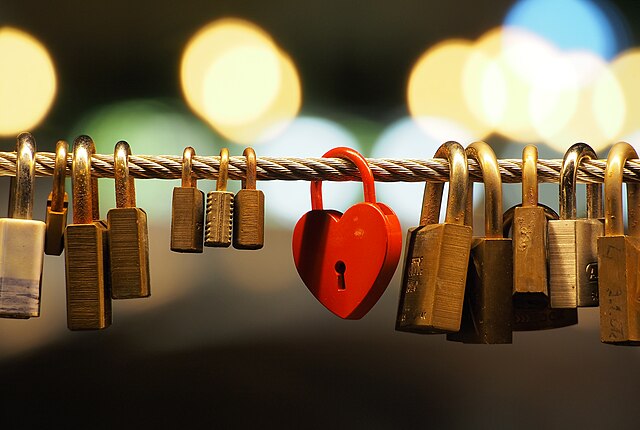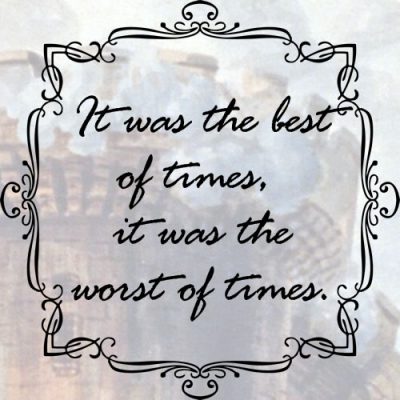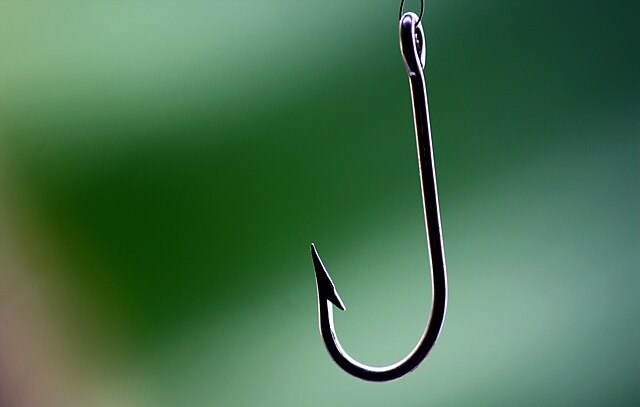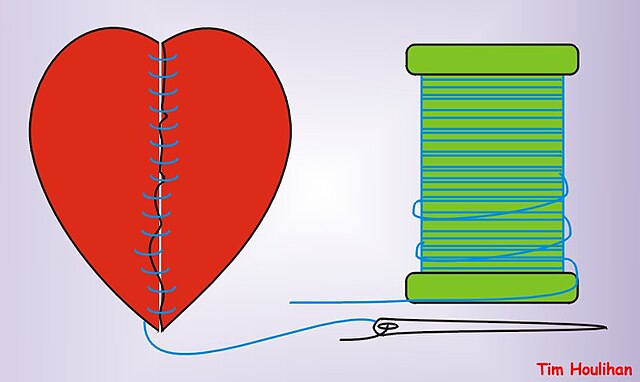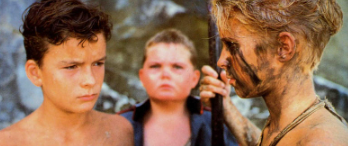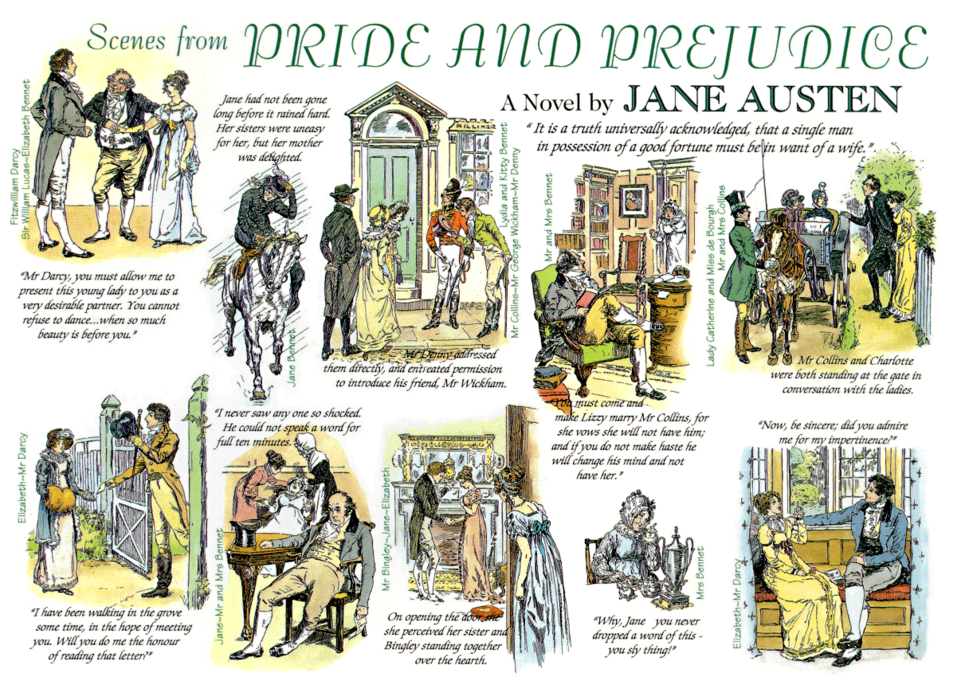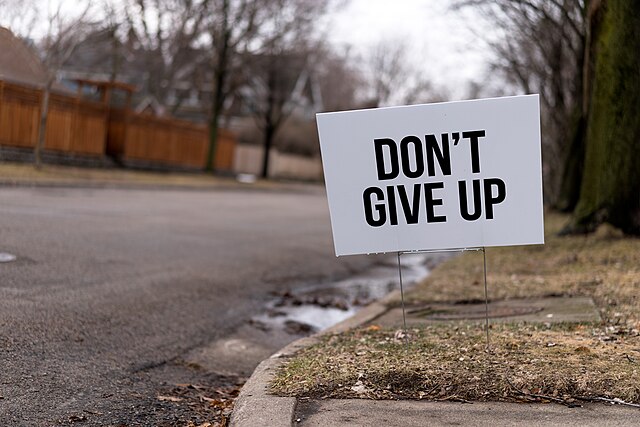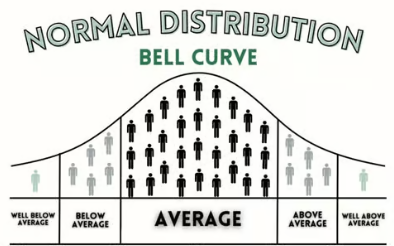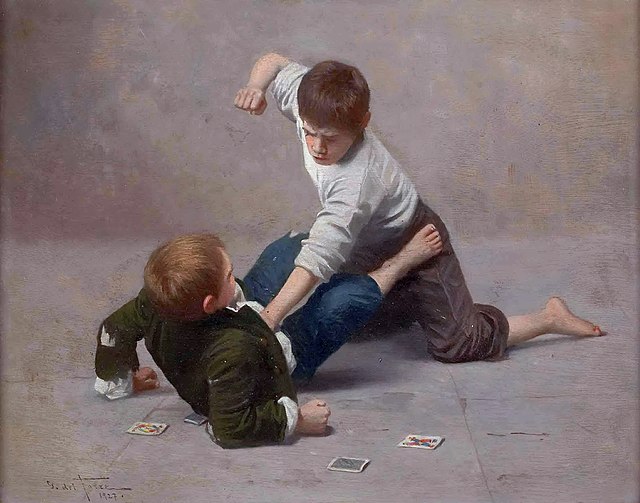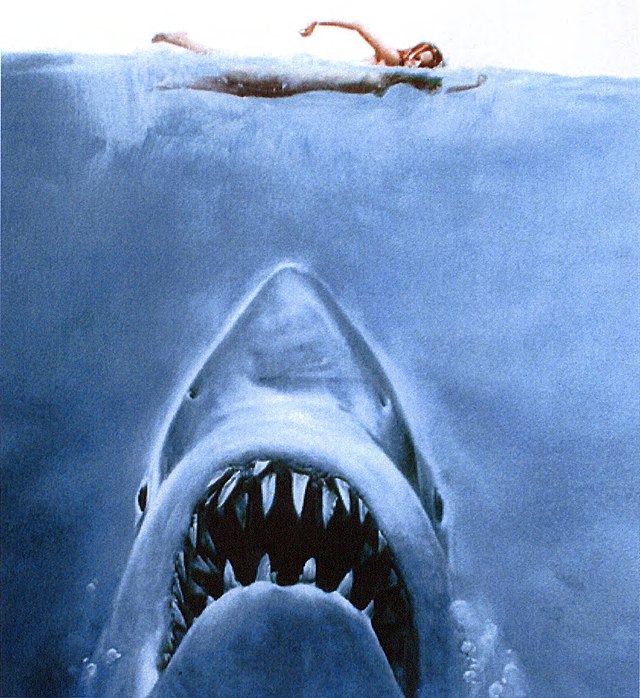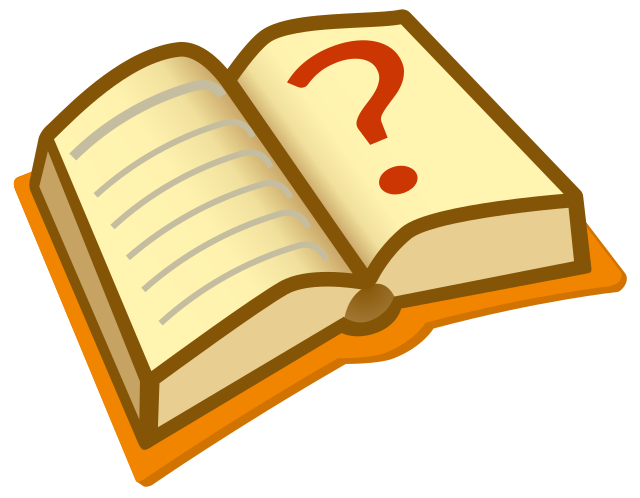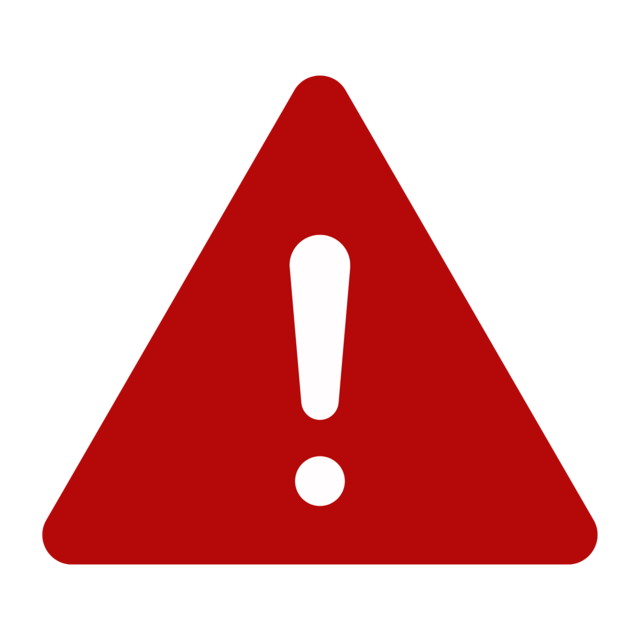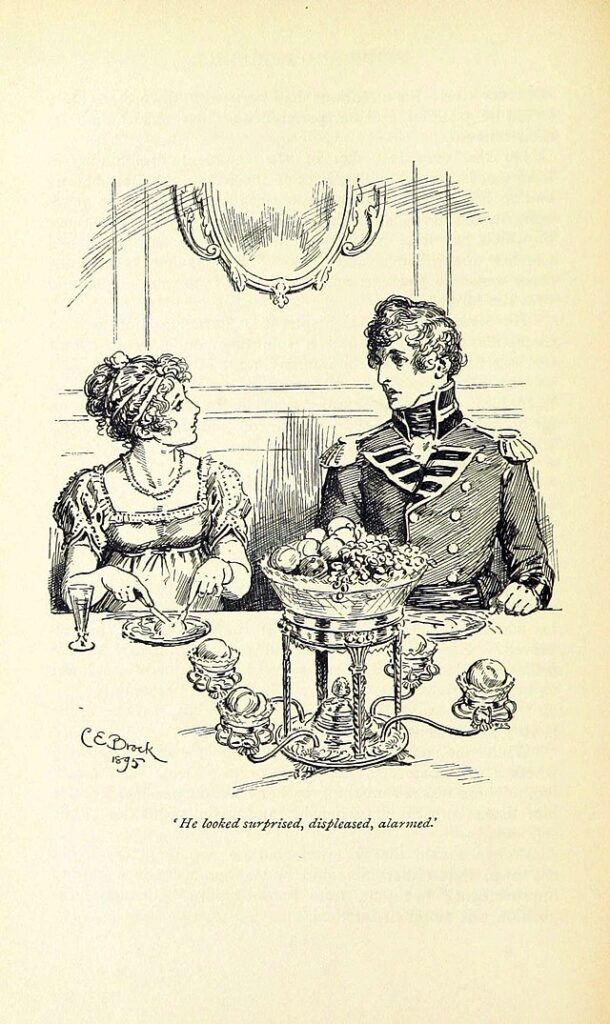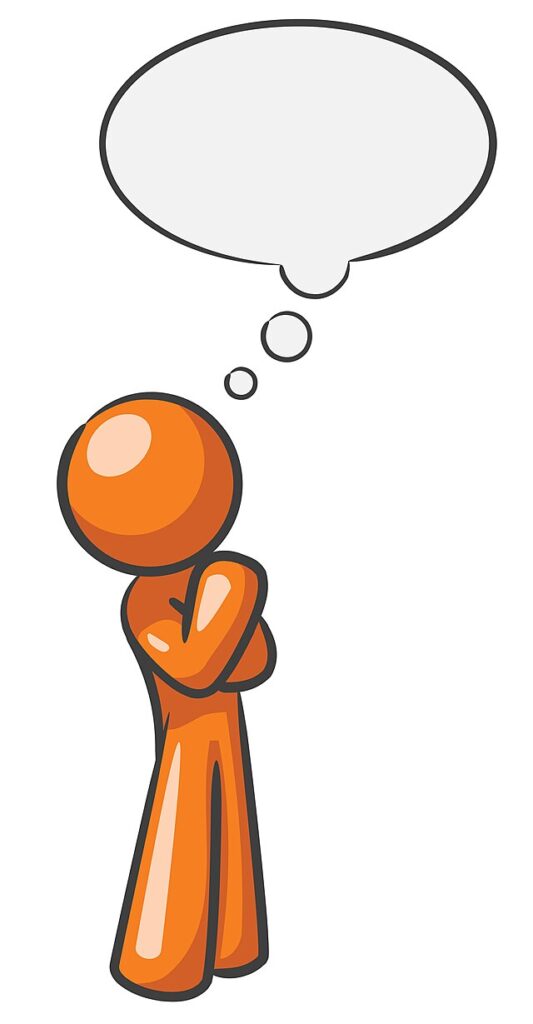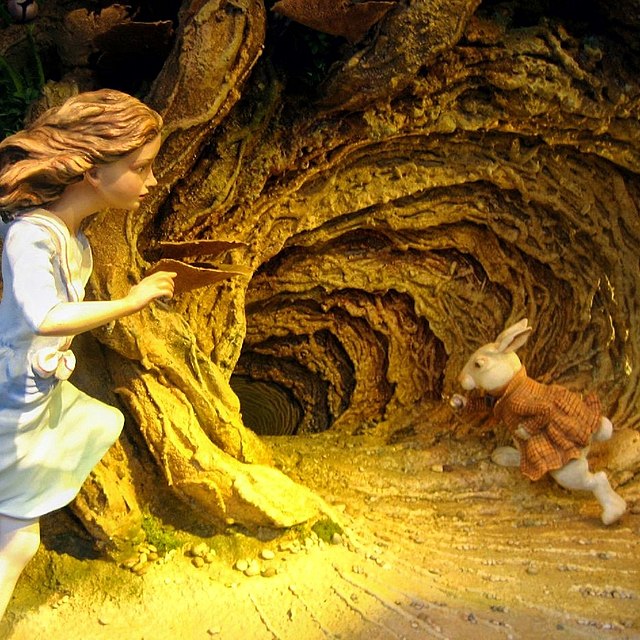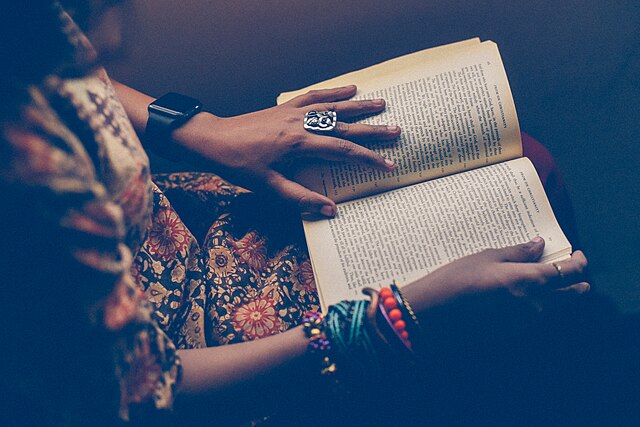Writing Different Genres
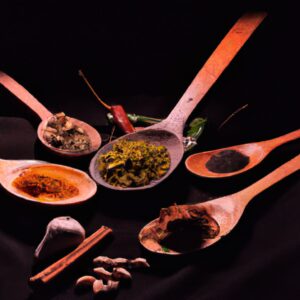
First Things First
I’ve never understood people who have a favourite song, book or film. Surely your choice depends on your mood. It’s the same with genre. Maybe today I fancy reading something light-hearted and fun. Tomorrow I might want to feel a shiver run down my spine. The next day I might be enticed to delve into the past. Who knows?
They say that variety is the spice of life (and perhaps I should have thought about that when I wrote this cliché!). For me, this is true. My tastes in reading, watching and listening are very mood-dependent. I can’t choose a favourite song, book or film because my answer would be different on different days (perhaps even in different hours or minutes). I would contradict myself when conversing with different people about my tastes. I’d feel inconsistent.
I find that what I write likewise varies with my mood. A more positive mood brings out the idealist in me, the part of my personality that craves a ‘Happy Ever After’. That’s when I get the ideas for my contemporary romances. If I’m in a darker mood, that’s when premises for my psychological novels come out to play.
No one is all one thing – we each have different facets to our personalities. Yet some people are able to focus very specifically on one genre. I’m awed by people who do this. To have such passion for an area of interest, to immerse themselves in the world of fantasy, history or science-fiction, to be all-consumed by it. I’ll admit, a part of me is a little jealous.
I learn a lot from listening to authors who absorb themselves in one branch of fiction, whether that’s through conversation, reading their books, listening to their interviews or even by reading their posts on Litopia. They are experts in their genre. They are widely read. They understand the tropes. They’re aware of the expectations of their target audience.
I’m going to use another cliché now (I know, I know): Jack of all trades, master of none. Over the years, I’ve experimented with writing different genres, until I realised that I kept coming back to two – the two which reflect both sides of my personality, drawn-out by my mood-of-the-day. While I love jumping between genres, it means that I am no expert on any one. Maybe one day I will be (if that’s even possible), but it’s going to take me a hell of a lot longer than those who specialise, because my attention is divided. But today I’m sure I’ll get there…because, right now, my mood is optimistic.
Different Approaches
I have different approaches to writing each genre and I’m curious to discover if others do too. To sum it up, I ‘pants’ my contemporary romances and plot my psychological suspense novels. Why do I do this? I’ve been trying to analyse the reasons. One reason could be because I’ve read a lot more romances than psychological suspense so maybe the style, structure and tropes have become more embedded in my psyche. Another could be the nature of the genre: psychological novels tend to be more intricately plot-driven and include the inclusion of features such as red herrings, reveals, twists, reverses, ambiguous endings, possibly an unreliable narrator. The tension needs to be palpable and this is something I’ve had to work on (and still do). I find delving into the darkest depths of the human mind more demanding than exploring the human desire for love.
Of course, this does not make romance ‘simpler’ than psychological suspense, just different. Romances can have reveals and twists too, for example, and it can be tricky to include conflict which keeps the characters apart for a large chunk of the story. There are many tropes in the genre: love triangles, miscommunication, enemies-to-lovers, forbidden love, fake dating…the list goes on. And for each trope, the author needs to know how to navigate the story successfully. What is the most satisfying way to solve a love-triangle dilemma? How can I bring enemies together? What’s a believable reason for two characters to fake-date? Questions are an author’s best friend when writing any genre.
As well as differences, there are similarities between my two chosen genres. Both genres have relationships at their heart and both keep you guessing (whether that’s the how of a romance – how will this couple finally get together – or the what and why of a psychological suspense – what is going on and why?). I think the contrast between the similarities and differences of the genres is what I most like about writing them.
Readers have expectations. It’s important to know the ‘rules’ of your genre (though deliberately breaking them can lead to interesting and surprising results!). This takes time, lots of reading and some targeted research.
So, I’ve told you that I ‘pants’ my romances, but how do I plot my psychological novels? In several ways:
First, I have an idea for a premise/hook. This often comes with a fully-formed first sentence or opening paragraphs. When I’ve written as much as I can, I stop.
Then, I turn to Save the Cat. I have a master Excel spreadsheet that I adapt for each novel. Each of Blake Snyder’s ‘beats’ are listed in the first column and I fill in what I can of how I see my story progressing in the second column. It’s important to note that I do deviate from this somewhat as I write and I don’t stick to the structure rigidly. It’s just a helpful guide, a tool to make sure I’m hitting key points, for example, the inciting incident/catalyst, the midpoint, the ‘dark night of the soul’ etc. The book also reminds me that I need to think about my characters’ flaws, their wants versus their needs, their agency, the themes in the story, how to make the reader root for an unlikeable character (the metaphorical saving of the cat early in the story!).
Sometimes, I create another spreadsheet which breaks the novel down into chapters, with a summary of each in the second column. I know that some authors do this by scene too.
When I’m around a third to a half of the way through, I write a one-page synopsis. This helps me to see the big picture of the novel, iron out any gaps/plot holes and consider the flow of the narrative. Again, this is not set in stone (another cliché!) and I tend to adapt it as I go along.
This is the process that I’ve found works for me. I’m interested to see how other authors plot their novels and if this differs by genre.
Final Thoughts
Do you have a favourite book/film/song/genre?
Does your writing reflect your reading taste?
Is your focus mood-dependent?
Do you write in one genre or more than one?
What aspects of the genre do you need to know in order to write it?
Are you a plotter or a ‘pantser’?
If you plot, how do you plot?
Structuring Scenes
How to craft scenes with purpose
I watched another excellent webinar recently. The content was helpful as both a planning tool and as an editing tool. Scene structure mimics story structure, but on a…
On The Honest Authors’ podcast, Gillian McAllister once mentioned that she was asked, “Do you really think that?” about something controversial she’d written in one of her novels….

